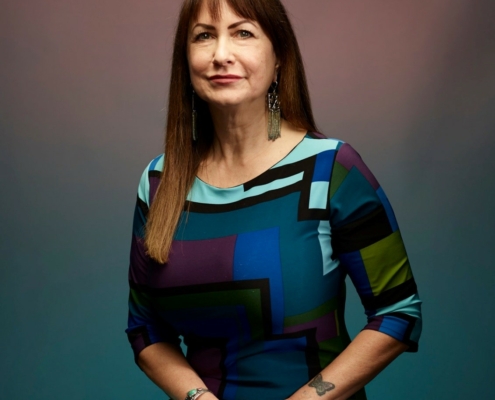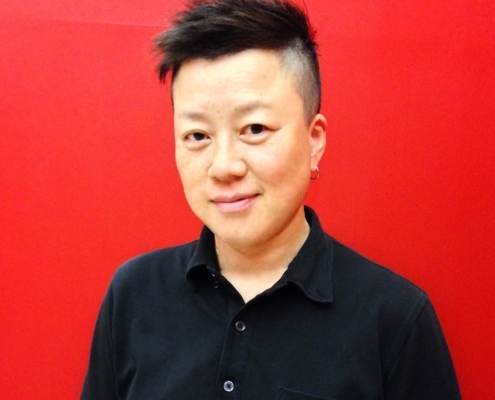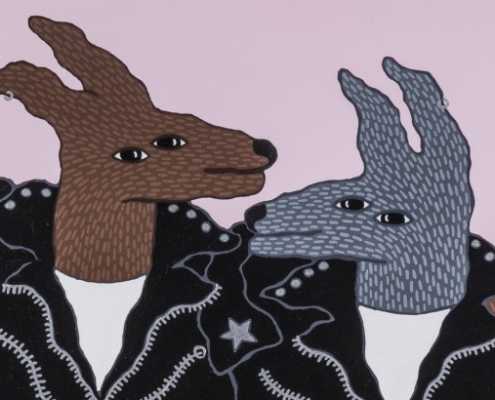Posts

LA Social Science Book Series Examining Anti-Muslim Racism with Professor Sherene Razack
LA Social Science interviews Dr. Sherene Razack, Distinguished…

Dr. Shannon Speed Receives President’s Award from American Anthropological Association
Dr. Shannon Speed, citizen of the Chickasaw Nation of Oklahoma…

UCLA Professor Safiya Umoja Noble Awarded MacArthur Fellowship
Dr. Safiya Umoja Noble, Associate Professor of Gender Studies…

UCLA Presents “Feminist Politics in Korea & The Korean Diaspora Conversations” Series
UCLA Gender Studies presents a series of public-facing conversations…

The UCLA Black Feminism Initiative Offers A Much Needed Social Justice Perspective
The UCLA Newsroom recently spotlighted the UCLA Black Feminism…

LA Social Science “Summer Take-Over” with Drs. Haley and Hong Discussing Abolition and Feminism
LA Social Science presents its first "Summer Take-Over" featuring…

Any Plans for the Summer? Enroll TODAY in an Online UCLA Summer Course
Have you always wanted to take a course in the social sciences?
Did…

UCLA Gender Studies Junior Faculty Awarded Woodrow Wilson Fellowships
The Woodrow Wilson Foundation has officially announced fellowship…

UCLA Professor Discusses Life and Work of Native American Artist Harry Fonseca
In an informative video series by the Autry Museum of the West…

LA Social Science Summer Course Previews: Gender Studies Courses Offered in Sessions A and C
As summer 2020 approaches, LA Social Science will be highlighting…

